What We Can Learn From
Olympic-Level

Failure
Learning can be an awkward, even painful, process of repeated failure. Young children are great at this, but as we get older, we seem to become resistant to incompetence.
For example, a manager in an EQ course told me,
“It doesn’t feel natural for me to express empathy, so I don’t think I should keep trying this.”
Do you remember the
“Thank You Mom” ad
P&G made for the 2014 Winter Olympics?
Watch it again, and as you do, think about the experience of learning something new, and of practicing:
What do you notice watching? In addition to the tribute to moms who support — what does it say about failure and learning? Can you imagine yourself in that process of falling and falling and getting up one more time?

When I tried snowboarding a few years ago, I had no real objection to the first 30 times I hit the snow. Yet in other areas of my life, I’m disappointed when I don’t do well. I suspect a key difference is expectation. Snowboarding, I expected to fall (though I didn’t expect *quite* as much pain as I experienced when I fractured my tailbone). In other areas, I expect to succeed quickly, and then I’m disappointed by my failures.

Appreciating Failure
A society fixated on first place and “the right answer” is a brutal obstacle to learning. Several years ago I saw a billboard, again about the Olympics, with, “Second Place is the First Loser.” Really? Isn’t it an epic achievement just to compete there?

At Six Seconds,
we’re working toward a billion people
practicing emotional intelligence.
But maybe we should say, a billion people failing and trying again? The bad news is we will all fail often — we’ll react following old patterns… we’ll ignore the wisdom of emotions…. We’ll get caught up in short-term goals and forget our real purpose… but the good news is, these are each chances to try again, and to learn.
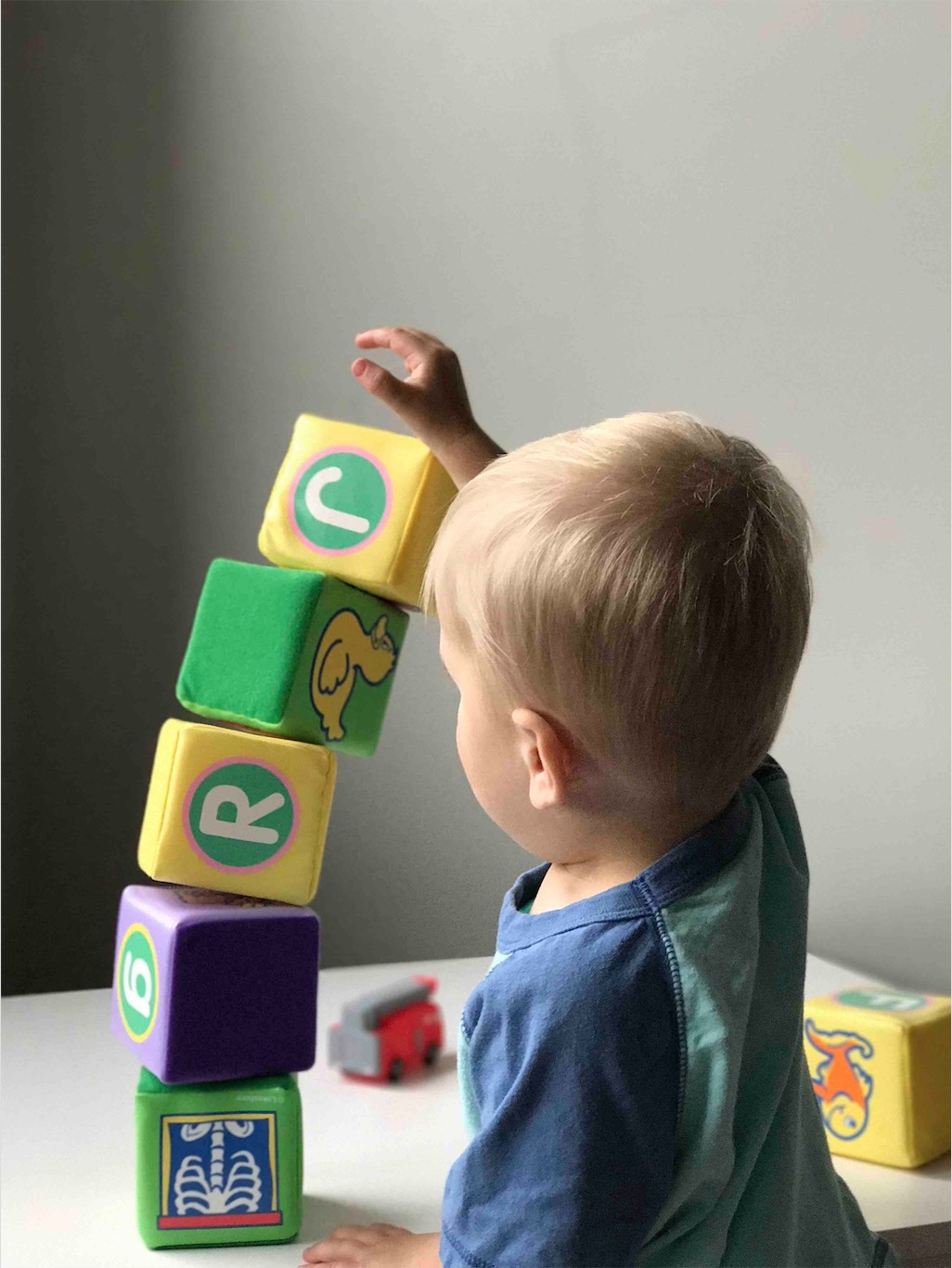
Using Failure Well
In our book, Inside Change, Max Ghini & I wrote that a key step to change is, “find the success in the failure… A well-used failure may have even more value than a success.” How can we convert failure from a crushing weight into a building block?
One key we offer in the book is the competency of Exercise Optimism.
Optimism is not the same as “positive thinking”
An optimistic view requires confronting failure and taking ownership. According to Martin Seligman’s model of optimism, we need to put on a TIE:
Temporary: I failed, and at some point I will get better. Nothing lasts forever.
Isolated: I failed at X, and that affects some things, but not everything.
Effort: I failed this time, and next time I’m going to try something new. I haven’t tried everything yet!

It’s not over… yet
2018 Winter Olympics in Pyeong Chang gives a beautiful example of this principle. At the start of the men’s 30km skiathlon, Simen Hegstad Krueger crashed into two other skiers — what a terrible failure. Listen to the optimism in his explanation (from NBC):
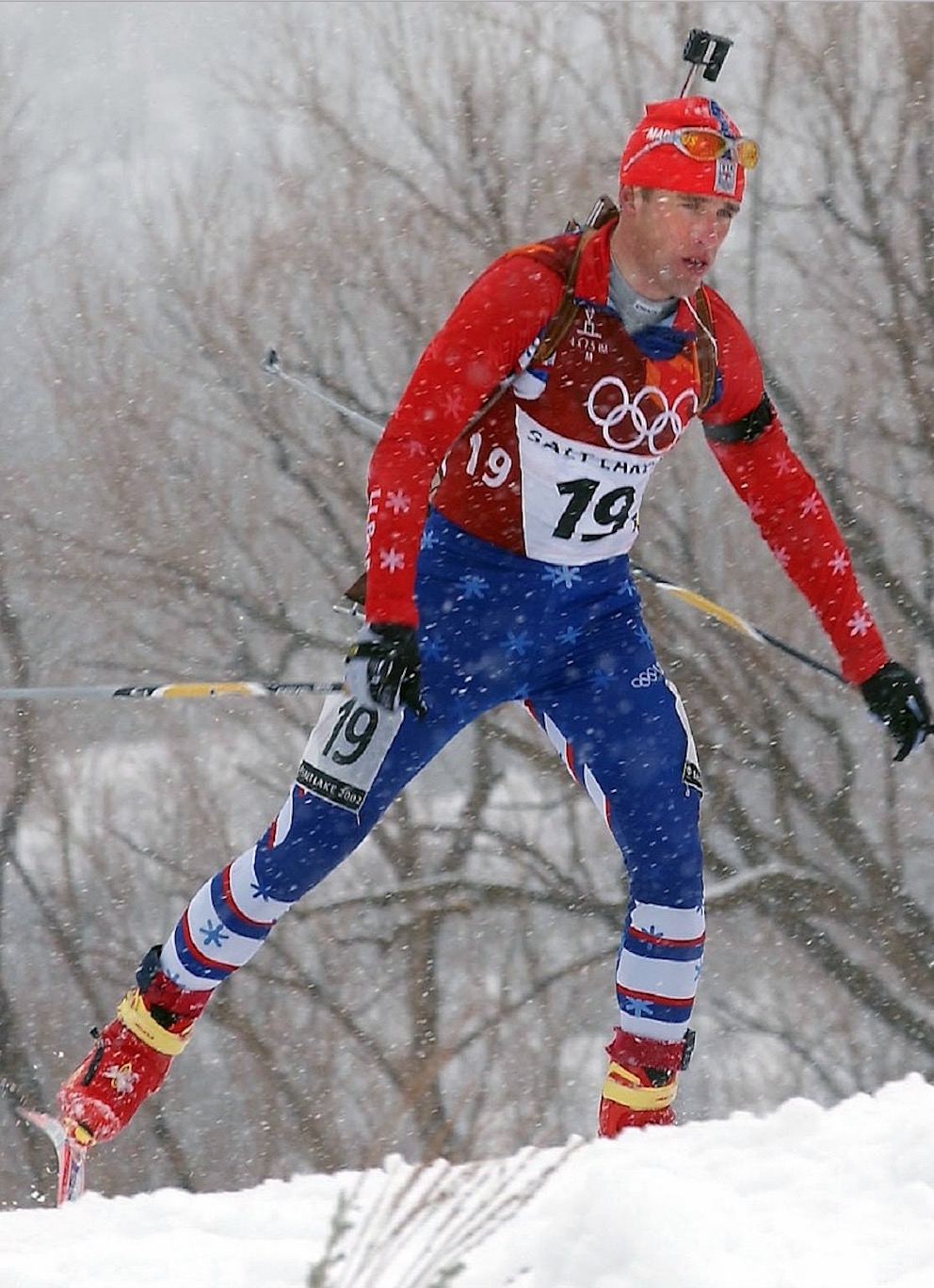
“I was completely last in the group,” Krueger said,
“so I had to start the race again and switch focus to catch up with the guys.
When I did it, I was (saying to myself),
‘OK, take one lap, two laps, three laps and just get into it again.”
In the end, Krueger earned gold — but only after a spectacular failure.
What’s new in emotional intelligence?
Knowing Isn’t Coaching: Three Emotional Intelligence Tools for Professional Coaches
Here’s how to use emotional intelligence to break out of a fixed mindset of “knowing the answer” and make your own (difficult) emotions an ally as a coach.
Voices from the Network: Huong Nguyen
This month we sit down with Ms. Huong Nguyen, a medical doctor and certified EQ Coach, EQ Facilitator, Practitioner and Assessor who has been working to expand her local EQ community in Vietnam.
Coaching Down the Escalator: 3 Emotional Intelligence Tips for Coaches to Reduce Volatility & De-escalate Conflict in a Polarized World
As people become more volatile around us, our brains’ natural response is to also become more reactive. Coaching provides a perfect opportunity to step out of this cycle of escalation, but it’s a difficult emotional puzzle; here’s a map of the process with three emotional intelligence tips for coaches.
Dr. Daniel Goleman Explains the History of Emotional Intelligence
Daniel Goleman explains the history of emotional intelligence – and why EQ is important in business, education & life.
Voices form the Network: Jacqui Butler & Svetlana Suvorova
When Jacqui Butler and Svetlana Suvorova met in Six Seconds’ EQ Coach Certification program in 2022, they clicked right away. After building a strong connection of mutual support and collaboration, they recently launched a joint venture, LeadEQ, to support women leaders. This is their story of finding EQ, each other, and a deeply meaningful path of professional growth.
Emotional Intelligence at Work: Stress Is (Still) Rising Globally. Here Are 3 Evidence-Based Solutions
Globally, 44% of employees globally reported feeling stressed A LOT of the day yesterday. Here are 3 solutions to reduce stress.
- Knowing Isn’t Coaching: Three Emotional Intelligence Tools for Professional Coaches - April 3, 2024
- Coaching Down the Escalator: 3 Emotional Intelligence Tips forCoaches to Reduce Volatility & De-escalate Conflict in a Polarized World - March 6, 2024
- Dr. Daniel Goleman Explains the History of Emotional Intelligence - February 29, 2024


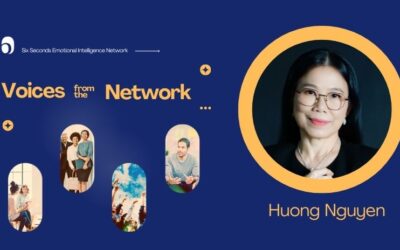

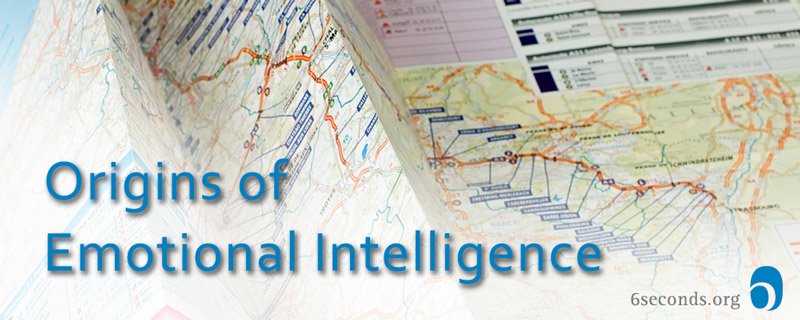
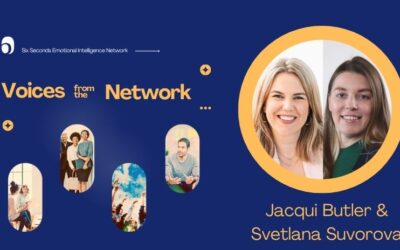


Hi,
The article is really motivating. My concern is
How to develop inner motivation in a person to cope up with the failures.
I wonder if the inner motivation can be “unlocked” if we practice the skills of optimism to learn to see failure as a positive sign of learning?
What is failure? How do we define failure? Using the olympics as an example, imagine being second or last in one of the events, anyone of them, take your pick. What these athletes are able to do, most of us cannot do, yet we talk about failure.
Maybe we should redefine failure.
Hi Josh,
Wonderful articles and example about Appreciating Failure. Unable to view th video from NBC about Krueger. Not available.